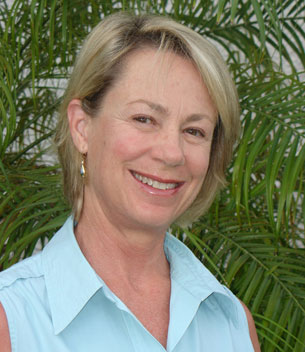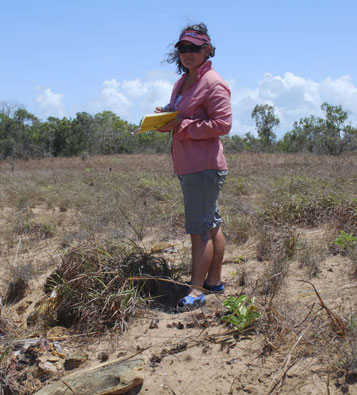 |
 |
| Ships
of Discovery: about us |
|
 |
Peggy has worked in Latin America, the Caribbean, the United States, Spain, and Turkey. Her focus is on seafaring, ships, and shipwrecks in the Caribbean, including the 1794 loss of HMS Convert and its convoy. From 1990-2006, she worked with the Cayman Islands National Museum, conducting research, creating exhibitions, enlarging a shipwreck register, launching a maritime trail, identifying shipwrecks to become preserves, and advocating legislation. Peggy joined Ships of Discovery in 2008 and participated in the Search for the Slaveship Trouvadore expedition. Her knowledge of British material culture of the 17th and 18th century adds greatly to our depth of research. Chair of the Society for Historical Archaeology UNESCO Committee, Peggy also serves as secretary of the ICOMOS International Committee on Underwater Cultural Heritage, and is on the Advisory Council on Underwater Archaeology (board 1993-2004; currently Emeritus member). She has written extensively on the protection and management of underwater cultural heritage in the Caribbean. |
 |
Jennifer is a Lecturer in Maritime Archaeology at Flinders University, South Australia. Before moving to Australia she worked as an Underwater Archaeologist for the State of Florida's Bureau of Archaeological Research. While there, she worked on Spanish period missions, forts, landings and shipwrecks. She was also instrumental in the development of the popular Spanish Galleon Trail in the Florida Keys. This trail was developed to provide diver access to thirteen Spanish shipwrecks en route to Spain which wrecked in a hurricane in 1733. Jennifer's current research focus, on Spanish colonial sites in the Pacific, complements Ships of Discovery's long standing focus on ships of the earliest European explorers of the New World. |
 |
James is currently a Ph.D. student in maritime archaeology at Flinders University in Adelaide, South Australia. He has participated in the survey and excavation of a variety of shipwrecks from the sixteenth, eighteenth, nineteenth and twentieth centuries, including the three Search for the Slaveship Trouvadore field seasons. While employed by the U.S. Naval Historical Center’s Underwater Archaeology Branch, Hunter helped organize archaeological investigations of submerged sites associated with the Penobscot Expedition of 1779, as well as a 2004 remote-sensing survey to locate and identify the remains of the anti-piracy and anti-slavery schooner USS Alligator (1821). He is a former member of the archaeological team investigating the submarine H.L. Hunley. His general research interests include the archaeology of North American and circum-Caribbean colonial sites, with particular emphasis on the evolution of Spanish hull design in the New World between 1500 and 1850. His illustrations have appeared in numerous archaeological publications. |
Ships
| Exploration | Discovery
| Research | Our Mission
Headquarters | Exhibits
| Turks and Caicos Museum | About
Us | Our Network | Contributors
| Jobs! | Underwater Links
| Our Publications
Shipwreck Excavations | Columbus's
Lost Ships | Archival Documents | Conservation
| Ancient Techniques | Replicas
Experimental Archaeology
